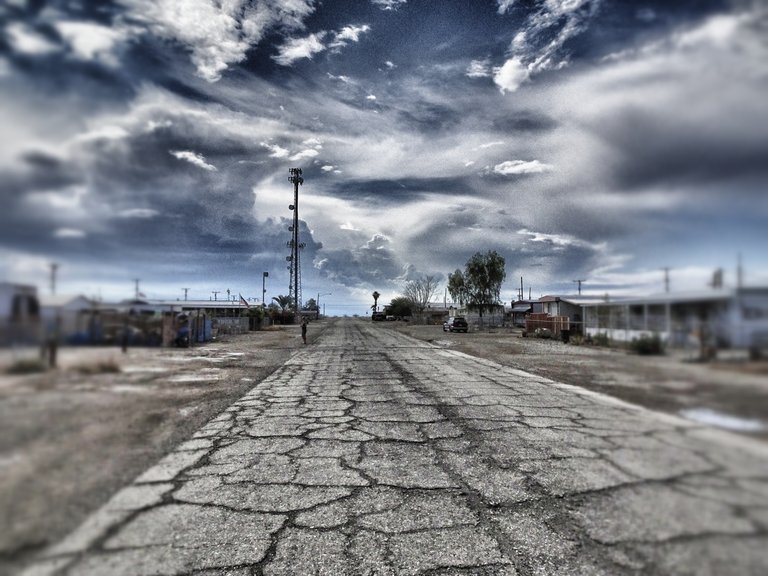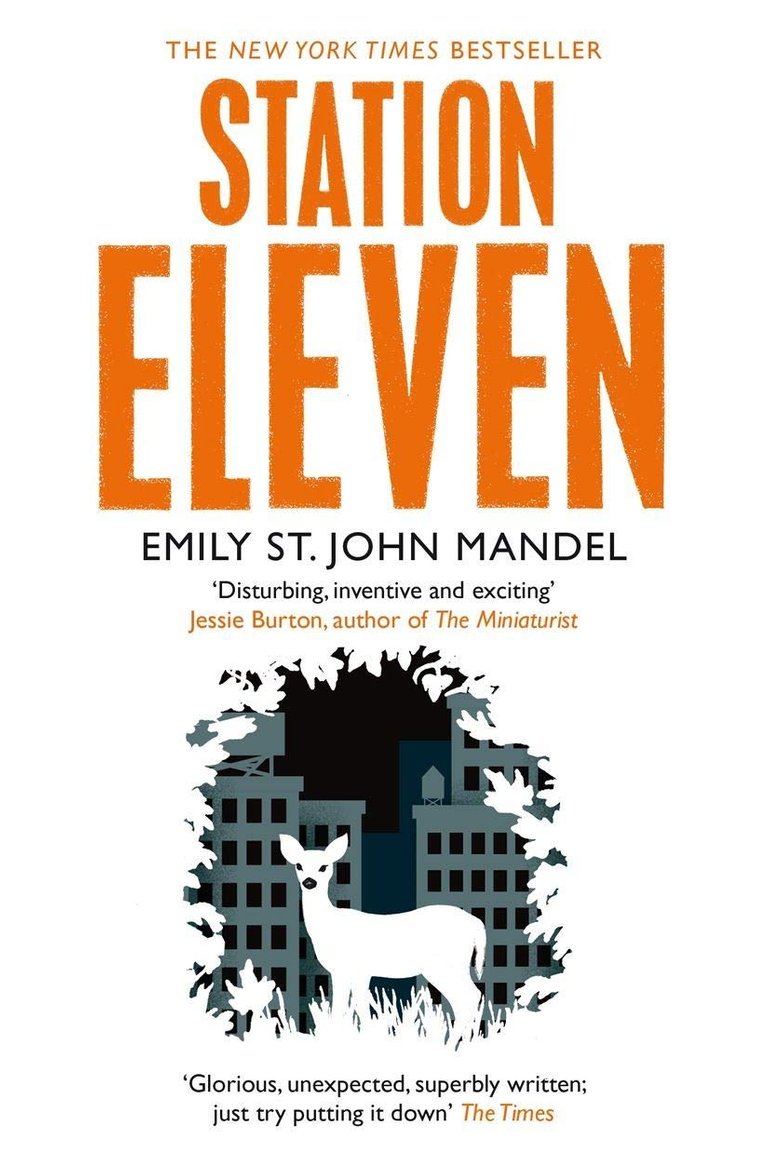
Deadly epidemics have always fascinated writers. The more deadly, the better, the fewer people stay alive, the more readers a book will find. The new corona virus has been widely anticipated in the literature. Authors have always thought it up - and how deeply they still hit us today.
It's all over, over, somehow survived, when the camera moves on Arthur Leander, the big old mime who once again gives King Lear at a small theatre. Leander, who in his very own, peculiar way has failed in his profession as an actor and magazine star, feels tired and unspeakably weak, even as he has a chat with the little girl who acts in the play right before his performance. It is the fourth act when he runs out of words. King Lear wavers and falls. He lies down and his heart stops beating.
What a tragedy, with which the Canadian Emily St. John Mandel has begun her fourth novel "Station Eleven". But the death of the aged hero is only the beginning of a book that rightly bears its much better German title "Das Licht der letzten Tagen" (The Light of the Last Days). Mandel, born 36 years ago on Denman Island off the coast of British Columbia and later moved to Toronto to study, lets the private catastrophe follow on a worldwide one. After Leander's abrupt death, the Georgian flu takes only a few weeks to depopulate the entire earth. The Georgian Flu it's a brainchild of Mandel from five years ago. But it is like the Corona-Virus - fast, nasty and deadly.
 The time after that, these last days, in which the survivors try not to give up their humanity and civilization completely, are then the actual scene on which the 402 pages play. 20 years after the great dying Kirsten Raymonde travels through the post-apocalyptic landscape of the Great Lakes between the USA and Canada with the Travelling Symphony, a travelling company of actors. Kirsten is the grown-up girl who last held Arthur Leander's hand. In the days, weeks, months and years after the collapse, she has experienced far more terrible things than the heart death of an old actor. Nevertheless, it was probably Leander who made her want to play Shakespeare in a violent, cruel world.
The time after that, these last days, in which the survivors try not to give up their humanity and civilization completely, are then the actual scene on which the 402 pages play. 20 years after the great dying Kirsten Raymonde travels through the post-apocalyptic landscape of the Great Lakes between the USA and Canada with the Travelling Symphony, a travelling company of actors. Kirsten is the grown-up girl who last held Arthur Leander's hand. In the days, weeks, months and years after the collapse, she has experienced far more terrible things than the heart death of an old actor. Nevertheless, it was probably Leander who made her want to play Shakespeare in a violent, cruel world.
Hope dies in the end, that also applies at the end of time. Mandel manages to dress her gloomy scenario in bright colours. Where the usual successful dystopias such as Justin Cronin's "Transition" trilogy or Cormac McCarthy's Pulitzer Prize-winning apocalypse "The Street", with its supernatural and ash rain, conjure up a horror that can be seen from afar, the trained dancer Mandel practices in allusions to all that is no longer as it once was.
 The Driving Symphony is a remnant of the past in a today in which the few survivors of the great flu are gradually coming to terms with the idea that there will be no return to the civilization of the before. People live in villages, they live under the thumb of evil preachers, but they live.
The Driving Symphony is a remnant of the past in a today in which the few survivors of the great flu are gradually coming to terms with the idea that there will be no return to the civilization of the before. People live in villages, they live under the thumb of evil preachers, but they live.
But "Survival alone is not enough," is the motto chosen by the emotionally damaged, colourful troupe of artists in the symphony, and not for nothing. There must be more, more even in a world that has become so small that figures from the past cross paths again. Kirsten, for example, carries with her a comic book that Leander's ex-wife once drew. And the legendary "Museum of Civilization" out at the airport, which everyone is looking for, is run by none other than Clark, an old friend of the dead actor.
Silly coincidences, not part of some grand plan. Without the varnish of boredom that only a civilization at rest without acute existential fears can offer, people who know each other from three corners usually don't even recognize each other.
It does not matter, because there is no arriving as there is no staying out. Survival is a single migration, accompanied by murders and attacks, kidnappings and desperate liberation actions.
Luckily for the reader, however, for once it is not teeming with these eternal vampires and zombies that populate comparable books. Emily St. John Mandel unleashes real horrors on her characters, nightmares, memories, the longing for everything to be okay again. It must continue, even if nobody knows where to go. It is not over until it is over.
The light of the last days shines weakly, but it shines.
The author's page:
emilymandel.com
